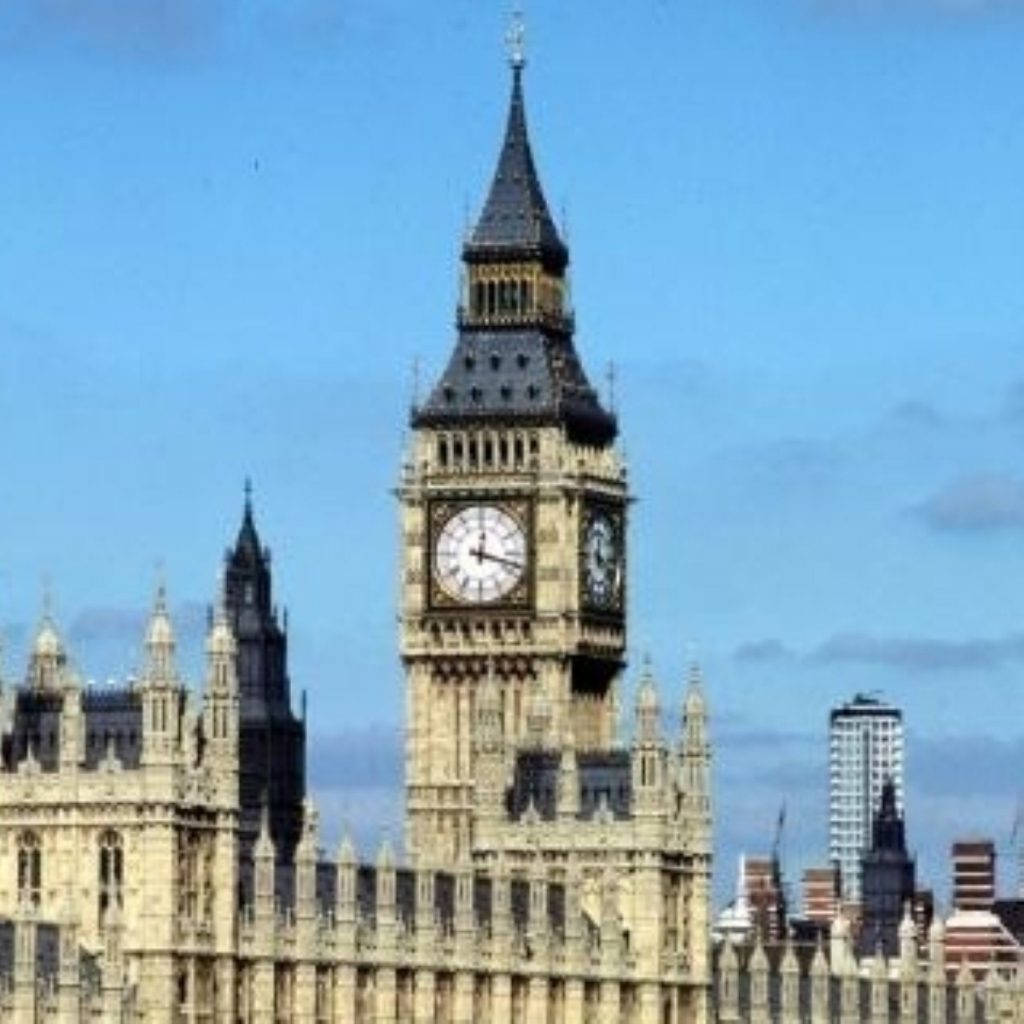Lords condemn ‘constitutionally questionable’ bill
The government got it “badly wrong” when it attempted to “gold-plate” ministers’ power through a new bill designed to cut regulation, the head of a Lords committee has warned.
Lord Holme of Cheltenham said that while the legislative and regulatory reform bill had a “fine aspiration” of cutting excess regulation, ministers should have know that the powers it gave them to amend existing laws “was constitutionally questionable”.
He was speaking as a report from the Lords constitutional committee warns that despite attempts to tighten the scope of the bill – dubbed the ‘parliamentary scrutiny (abolition) bill’ by critics – it remains “over-broad and vaguely drawn”.
Ministers have given verbal assurances that the bill’s powers, which would allow them to make orders to change primary legislation in all but a few specific instances, would not be used to change major laws such as the right to trial by jury.


Under pressure from opposition parties, they have also introduced amendments to the bill to further limit the scope of these order-making powers, and insist parliamentary select committees will still have a veto and MPs can object within a certain period.
But today’s report insists these are not sufficient, and in particular warns that the government’s failure to introduce such safeguards from the start of the process is a sign of “lamentable” consultation on the bill and an ignorance of its constitutional importance.
“Our main conclusion is that constitutional change, particularly, should be made only by parliament through primary legislation, not ministers using delegated powers,” said Lord Holme, the chairman of the committee.
“The simple fact that ministers failed to recognise the profound constitutional importance of the legislative and regulatory reform bill does not inspire confidence that they would not use delegated powers to introduce constitutional change in the future, without even realising what they are doing.
“The way this bill has been handled shows that with our unwritten constitution, simple legislative proposals can drastically affect our law making system and the fundamental relationship between parliament and ministers.”
The committee recommends a number of changes, including providing a list of certain bills, such as Magna Carta, the laws joining the nations of England and Scotland, and the more recent Identity Cards Act, which would be exempt from the new powers.
Alternatively, it says there could be a list of subjects which must not be touched on, including anything concerned with the composition or powers of parliament, devolution settlements or the arrangements of local government.












